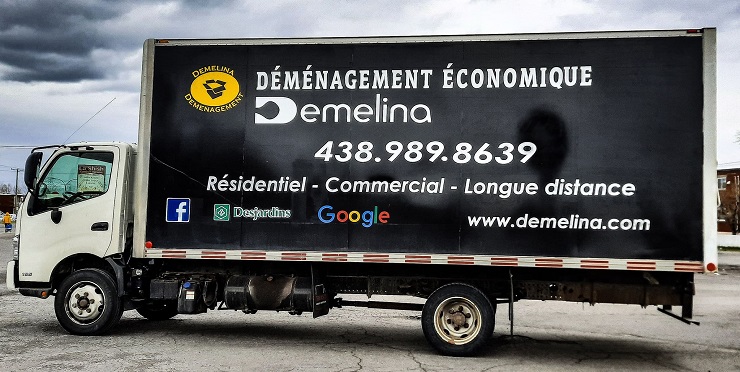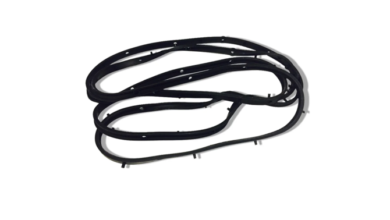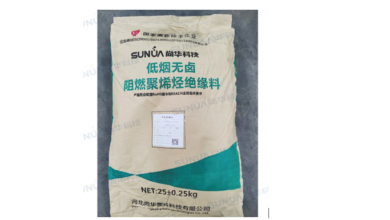
Moving can be a daunting task, and it can be even more challenging if you don’t understand the industry terminology. However, understanding the language of the moving industry can help you make informed decisions and ensure a smooth and stress-free move. This article will cover some of the most common moving industry terminologies. déménagement rive-nord
1-Carrier:
A carrier is a company that provides moving services. This can include packing, loading, transporting, and unloading your belongings.
2-Agent:
An agent is a company that works with a carrier to provide moving services. However, the agent is responsible for booking and coordinating your move. Like Shiply which has revolutionized the moving carrier industry with its innovative online platform. As a moving carrier on Shiply, you gain access to a vast pool of customers seeking transportation services for their belongings.
3-Bill of Lading:
A bill of lading is a legal document that outlines the details of your move. This document includes the items being moved, the pickup and delivery dates, and the cost of the move.
4-Binding Estimate:
A binding estimate is a written agreement outlining your move’s exact cost. However, this agreement is legally binding and cannot be changed unless you change your moving plan.
5-Non-Binding Estimate:
A non-binding estimate is an estimate of the cost of your move that is not legally binding. The final cost of your move may be more or less than the estimate provided.
6-Accessorial Charges:
Accessorial charges are additional charges that may be added to your move. These charges can include fees for packing materials, additional labor, or storage.
7-Inventory:
An inventory is a detailed list of all the items being moved. Also, this list ensures that all items are accounted for during the move.
8-Valuation:
Valuation is the liability the moving company assumes for the value of your belongings during the move. Also, this can be either released value protection or complete value protection.
9-Released Value Protection:
Released value protection is the minimum liability the moving company assumes for your belongings during the move. This protection is provided at no additional cost but only covers $0.60 per pound per item.
10-Full Value Protection:
Complete value protection is another option that protects your belongings’ total value during the move. Also, this protection is not provided at no additional cost and must be purchased separately.
Conclusion
Understanding these terms can help you navigate the moving industry and make informed decisions about your move. However, it’s important to remember that every move is unique, and the terminology used may vary depending on the moving company you choose. Ask your moving company for clarification if you have any questions or concerns about the terminology used.





